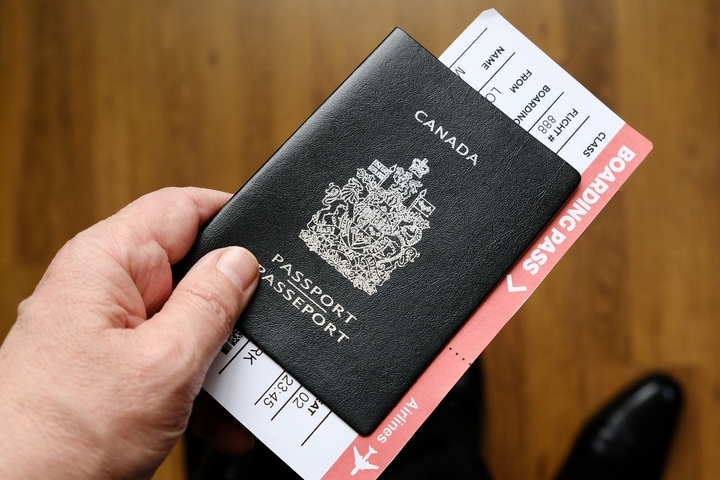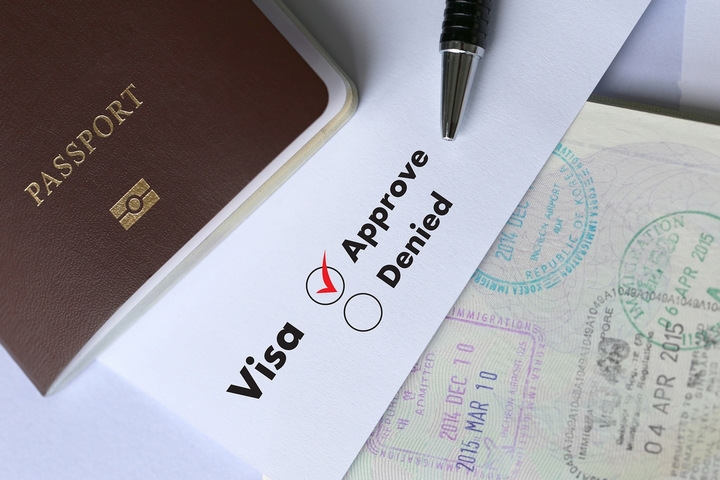Canadian immigration lawyers can make all the difference when trying to immigrate to Canada. Still, there are many unscrupulous firms out there just waiting to take your money and leave you high and dry. Please don’t get fooled into hiring one of them! If you need more information from an expert, Bellissimo may be able to help you. Here are the four essential things you should know about Canadian immigration law to ensure you end up with an effective legal advocate.
1. Citizenship and Passports

Citizens of Canada, by default, are considered citizens of their home country as well. If you were born outside of Canada to a Canadian parent but were never granted Canadian citizenship at birth, you may need to apply for a grant of citizenship. Once your application has been approved, you’ll receive proof of citizenship in the form of a Certificate of Citizenship or Naturalization.
2. Visas

There are various ways to obtain a visa to come to Canada. The most common type of visa is a temporary resident visa (TRV), which allows someone with no intention of staying in Canada long-term to visit for pleasure, study, work, or other purposes.
A study permit allows someone to study in Canada full-time for a specific period. It is usually issued for one year and can be renewed one or more times before it expires.
A post-graduation work permit is also available to eligible graduates from a Canadian school who want to work in Canada after completing their studies at a qualified institution.
3. Permanent Residency

If you are not a citizen of Canada and plan to live in Canada for longer than six months, you must become a permanent resident. As a permanent resident of Canada, you have almost all of your rights as any other Canadian, but there are some exceptions (like voting or applying for public assistance).
Also, you may be able to apply for citizenship after living in Canada for three years. If you already have a family member who is a Canadian citizen or permanent resident, you may be able to apply for immigration through them.
4. What Happens if you Break the Rules?

If you do not follow Canadian immigration laws and regulations, you could face a range of consequences. The punishments for breaking these rules can vary widely depending on how severe your mistake was. The penalty may include imprisonment and even deportation to your home country.
When it comes to Canadian immigration law, Canadian Immigration lawyers are integral to getting your application approved. This is why it’s so important to seek out a qualified professional who can help you through all of your legal concerns.




